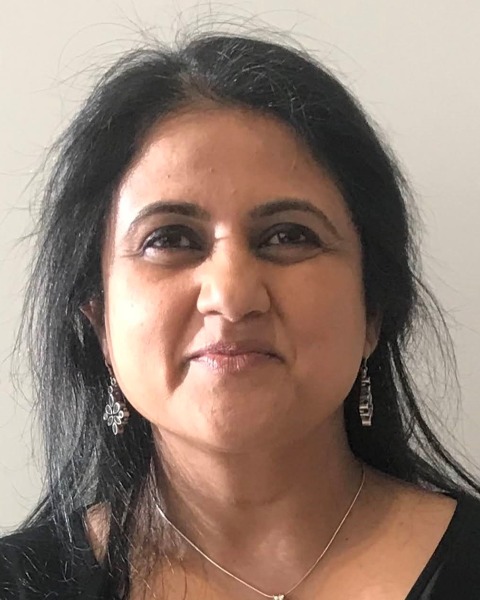Diversity, Equity, and Inclusion
Trainee
Patient-Centered & Destigmatizing Language: How Words Matter in Documentation
-
AD
Almaz Dessie, MD (she/her/hers)
Assistant Professor of Emergency Medicine & Pediatrics
Alpert Medical School of Brown University
Providence, Rhode Island, United States -

Anju Wagh, MBBS
Asst Prof of Pediatrics and Emergency Medicine
Emergency Medicine
Columbia University Vagelos College of Physicians and Surgeons
Columbia University Irving Medical Center
RIDGEWOOD, New Jersey, United States -

Shiu-Lin Tsai, MD (she/her/hers)
Associate Professor
Columbia University
Englewood Cliffs, New Jersey, United States -
.jpg)
Jasmyne Jackson, MD, MBA, MHL (she/her/hers)
Pediatric Emergency Medicine Fellow
The Warren Alpert Medical School of Brown University
Providence, Rhode Island, United States
Leader(s)
Co-Leader(s)
Workshop
Description: This workshop explores the importance of using patient-centered, destigmatized language to avoid perpetuating bias in both verbal communication and written documentation of clinical encounters as pediatricians. Our specialty has made improvements in our communication with patients to promote cultural humility and reduce both implicit and explicit bias. However, communication between health care providers about patients outside the patient room is also laden with the danger of perpetuating bias against minoritized and stigmatized groups. Multiple studies have demonstrated the harm of using stigmatized language both in verbal and written communication resulting in inequitable health outcomes. In addition, with the advent of "Open Notes" legislation, it has become increasing important to document using patient-centered language.
Our workshop demonstrates the importance of using destigmatized and patient-centered language, linking it with current evidence. Using an interactive case-based approach and small group discussions, we first help participants develop a critical lens to identify examples of stigmatizing language then provide tangible tools to reduce bias and improve verbal communication and written documentation skills. This workshop is relevant to pediatricians in both the inpatient and outpatient setting who are interested in developing skills to be anti-racist and reduce bias, able-ism, classism in their clinical practice.
Learning Objectives:
- Understand types of biased/stigmatizing language and their negative effect on patients and patient care
- Develop a framework for determining if language is biased and/or stigmatizing.
- Demonstrate proficiency in using neutral, patient-centered alternatives to common stigmatizing words and phrases to improve patient hand-offs and written documentation.
